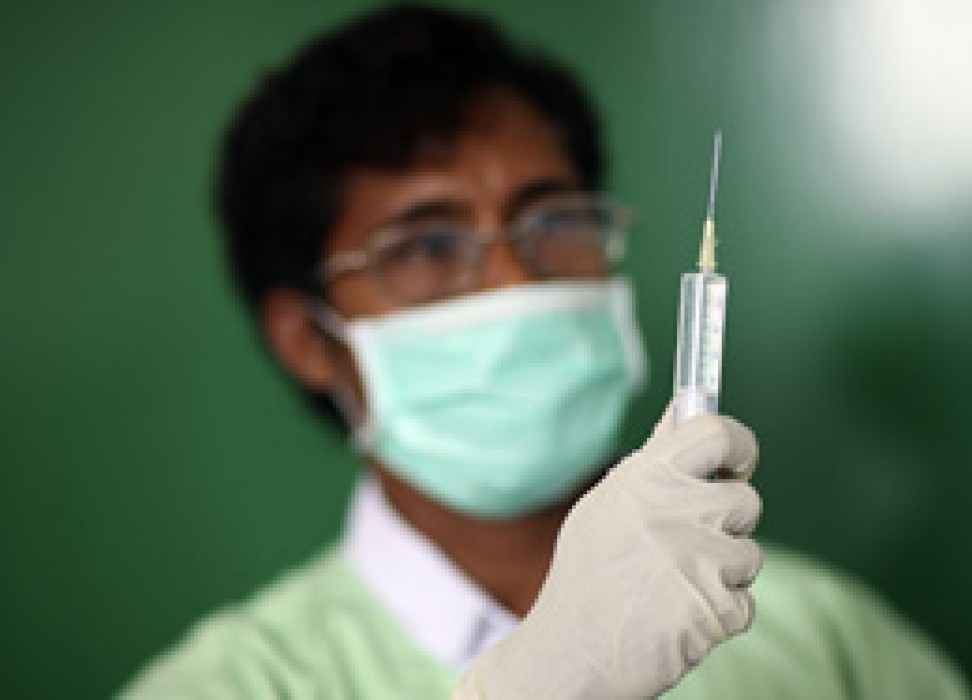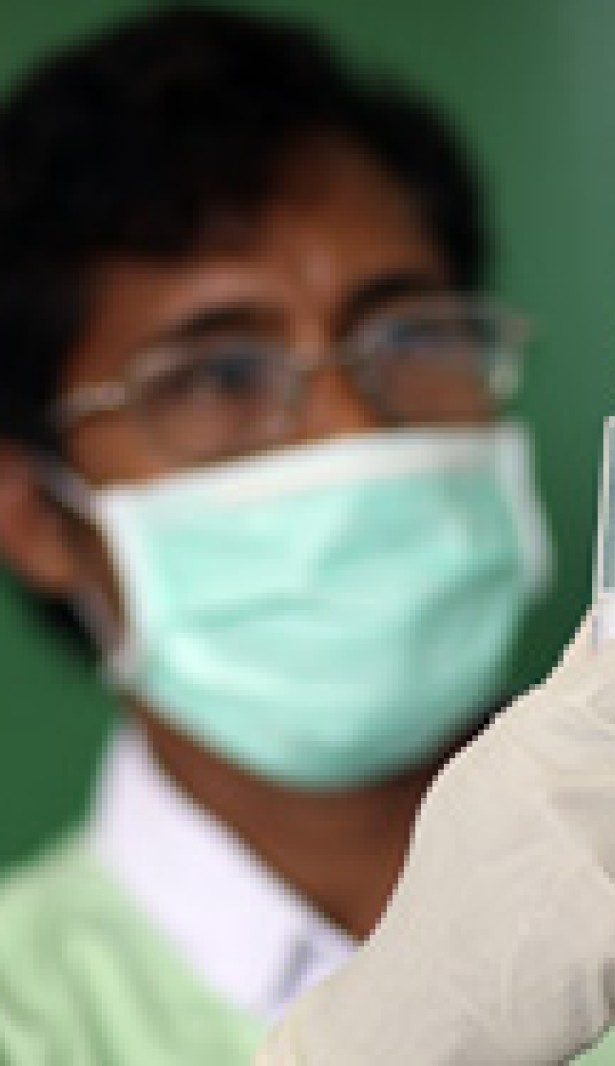A matter of life and death: improving access to medicines worldwide
05 March 2015

When Dr Hawa Abdi set up a one room obstetrics clinic in rural Somalia in 1983, she never thought that she’d end up providing free health care for more than a million people.
It all happened gradually. When Somalia’s bloody civil war erupted, Dr Abdi, Somalia’s first female gynaecologist, refused to leave. As medical needs grew, she added more services, then a hospital. Originally intended only to serve displaced Somalis in a small area, her Dr Hawa Abdi Foundation now provides a wide range of health care for an entire region.
The Foundation is now run by Dr Abdi’s daughter, Dr Deqo Mohamed. Recently, the UN Human Rights Office (OHCHR) invited Dr Mohamed to speak at the Human Rights Council’s Social Forum on improving access to medicines. She shared her experiences with academics, lawyers, governments, international organisations and other health care campaigners. Their mission was to find ways of making medicines more readily available to larger numbers of people worldwide.
Jane Connors, Director of the OHCHR’s Research and Right to Development Division, paid tribute to the “wealth of expertise and experience” which the speakers brought to the conference.
She said, “Everyone is entitled to healthcare, which includes access to essential medicines for the prevention, treatment and control of diseases. Human rights law requires medicines to be affordable, acceptable, accessible, of good quality, and made availablewithout discrimination. Yet, two billion men, women and children have no access to essential medicines.”
In her speech to the Forum, Dr Mohamed stressed the importance of linking up medical facilities with local infrastructure projects to ensure that people from rural areas could reach clinics in safety.
She described innovative ways to help rural women access health services, for example, getting them to text in their symptoms for advice. If a woman texted that she couldn’t afford to travel to the clinic, transport would be sent to fetch her.
However, she added, poverty remained one of the biggest obstacles to accessing health care.
“In Somalia, it is very hard to talk to people about medicine when the household income for a day, or a week, might be less than one dollar for a family of eight or nine,” she said. “People first think about food – what they’re going to eat. The last thing they think about is health care and how they can get it.”
Many other speakers emphasised the need for affordable drugs, saying the high prices often charged by pharmaceutical companies were beyond the reach of many people. Others suggested that people suffering from “tropical” diseases were sometimes given outdated, expensive and unsuitable drugs, because those companies felt research into such illnesses was not financially viable.
Rohit Malpani of Medicins Sans Frontieres said it was vital for everyone to work together to confront this unjustice. This included governments, the pharmaceutical industry, international institutions and NGOs. “What we, as a civil society movement, demand, is change, not charity,” he said.
Dr Deqo Mohamed said sustainability was crucial. “Providing health care” did not mean just funding a one-off project, or building a hospital.
The international community, she insisted, must give local people the skills to take care of themselves – it had to allow them take the burden on their own shoulders.
5 March 2014

